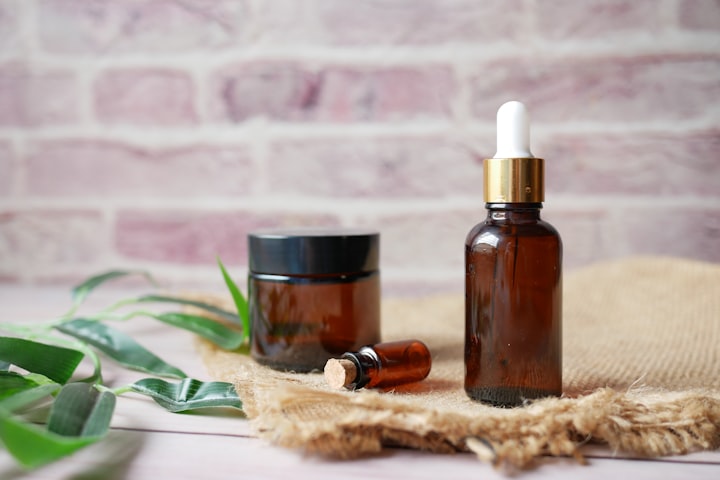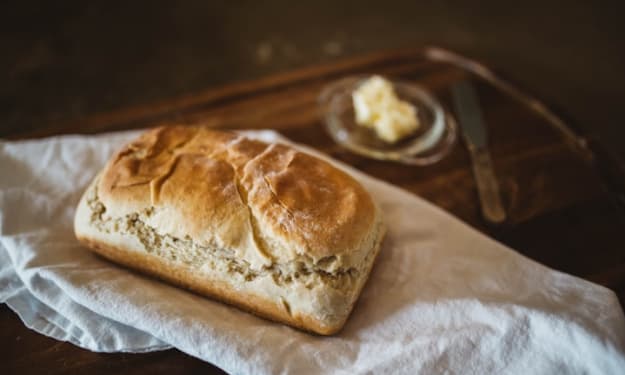Do Essential Oils Expire? A Guide to Shelf Life, Storage, and Safety
Sniff, Store, and Savor: Unlocking the Secrets of Essential Oil Longevity

Essential oils have become increasingly popular in recent years, and with their increased use comes the question of whether they expire. While they don't spoil in the traditional sense, essential oils do change over time, which can affect their properties and safety. It's crucial to know how to store and handle them properly to maintain their quality, potency, and efficacy.
Essential Oil Degradation
Oxidation and Evaporation
The process of essential oil degradation involves factors like oxidation and evaporation. Oxidation occurs when essential oils come into contact with oxygen, leading to a chemical reaction that can alter their properties. Evaporation, on the other hand, happens when volatile compounds in the oil dissipate into the air. Both of these factors contribute to a change in the oil's composition, potency, and efficacy over time.
Exposure to Heat and Sunlight
In addition to oxidation and evaporation, exposure to heat and sunlight can also lead to essential oil degradation. High temperatures can cause chemical reactions within the oil, changing its composition and reducing its effectiveness. Sunlight, particularly ultraviolet (UV) light, can also trigger reactions that alter the oil's properties. To minimize these effects, it's essential to store essential oils properly.
Shelf Life of Essential Oils
Average Shelf Life
The shelf life of essential oils can vary depending on the specific oil and storage conditions. Some oils, such as citrus oils, have a shorter shelf life of about 1-2 years, while others, like sandalwood or patchouli, can last for several years if stored correctly. It's essential to keep track of when you purchased your oils and be aware of their typical shelf life to ensure you're using them at their peak effectiveness.
Factors Affecting Shelf Life
Various factors can impact the shelf life of essential oils. The oil's chemical composition, its purity, and how it was extracted can all play a role in determining its longevity. Additionally, the storage conditions, such as temperature, humidity, and exposure to light, can significantly affect the oil's shelf life.
Storage Conditions for Essential Oils
Dark Glass Bottles
Proper storage of essential oils is crucial to maintaining their freshness, quality, and safety. One of the most critical factors is using dark glass bottles, which protect the oils from light exposure. Amber or cobalt blue glass bottles are ideal choices, as they effectively block out most of the harmful UV light that can degrade the oils.
Cool and Dry Environment
Storing essential oils in a cool and dry environment helps to preserve their potency and prevent degradation. High temperatures and humidity can accelerate the rate of oxidation and evaporation, reducing the oil's effectiveness. A dedicated storage box or cabinet placed in a cool, dry area away from direct sunlight and heat sources can help maintain the oils' integrity.
Essential Oil Safety and Usage Precautions
Expired Oils and Inhalation
When using essential oils, safety should always be a top priority. It's especially important to exercise caution with oils that are near or past their expiration date. Avoid directly inhaling expired oils, as the changes in their composition can make them unsafe to breathe in.
Topical Application and Diffuser Use
Similarly, it's essential to avoid applying expired essential oils to the skin, as they may cause irritation or other adverse reactions. Additionally, refrain from using expired oils in a diffuser, as the altered properties could negatively affect the therapeutic benefits and safety of the oil.
Signs of Essential Oil Alteration
Changes in Color, Consistency, and Smell
To determine if an essential oil has altered over time, look for changes in its color, consistency,
or smell. These changes can indicate that the oil's properties have shifted, and it may no longer be safe or effective to use. Trust your senses when assessing an oil's condition, as they can provide valuable insights into its quality.
Monitoring and Trusting Your Senses
Continuously monitoring your essential oils for any changes in their appearance or aroma can help you determine if they are still suitable for use. If you notice any unusual or off-putting changes, it's best to err on the side of caution and discontinue using the oil.
Carrier Oils and Essential Oil Blends
Role of Carrier Oils
When using essential oils topically or in blends, carrier oils play a crucial role. These oils, which are typically derived from plant-based sources, help dilute the concentrated essential oils, making them safer for skin application. However, the shelf life of carrier oils can impact the overall expiration date of an essential oil blend.
Carrier Oil Shelf Life
Carrier oils have their own unique shelf lives, which can vary depending on the specific oil and storage conditions. For example, jojoba oil has a relatively long shelf life of around five years, while grapeseed oil typically lasts for about one year. To ensure the safety and effectiveness of your essential oil blends, be aware of the shelf life of both the essential oils and carrier oils used in the mixture.
Summary
While essential oils don't expire in the same way as food, they do change over time. Proper storage and handling are vital to maintain their quality, potency, and safety. By being mindful of expiration dates, usage precautions, and storage conditions, you can ensure the safe and effective use of essential oils in your everyday life.
References
- Tisserand, R., & Young, R. (2014). Essential Oil Safety: A Guide for Health Care Professionals (2nd ed.). Elsevier Health Sciences.
- Worwood, V. A. (2016). The Complete Book of Essential Oils and Aromatherapy: Over 800 Natural, Nontoxic, and Fragrant Recipes to Create Health, Beauty, and Safe Home and Work Environments (25th Anniversary ed.). New World Library.
- Price, S., & Price, L. (2011). Aromatherapy for Health Professionals (4th ed.). Churchill Livingstone.
About the Creator
Reynold Aquino
My name is Reynold. I own a home improvement and renovation business. Writing has always been my passion but I did not have any avenue and time to do so. I will try to write some articles here as much as I can. Hope you can follow me.






Comments
There are no comments for this story
Be the first to respond and start the conversation.